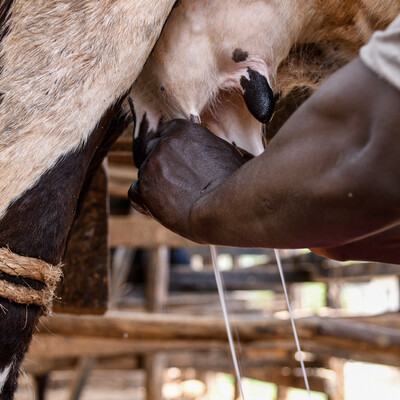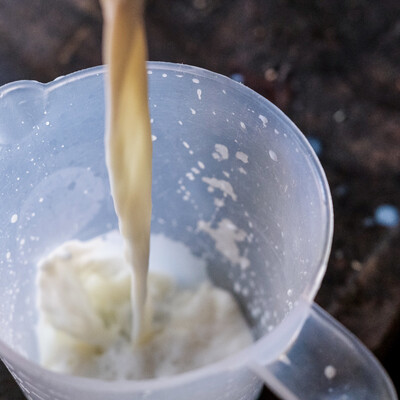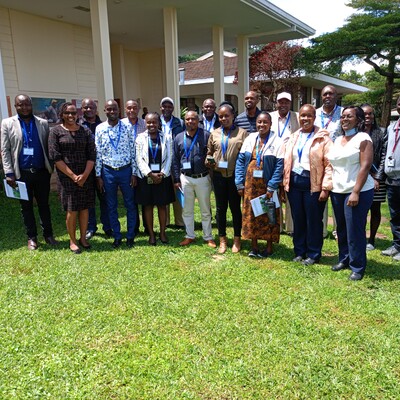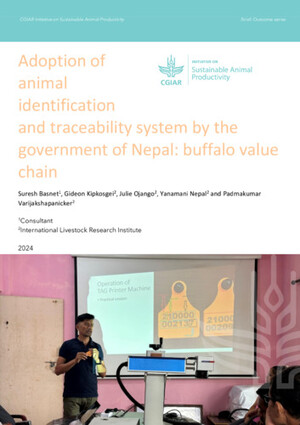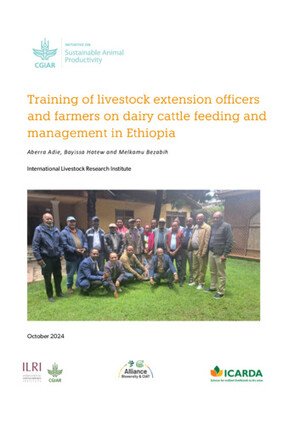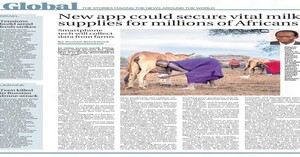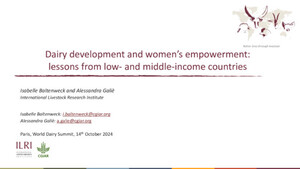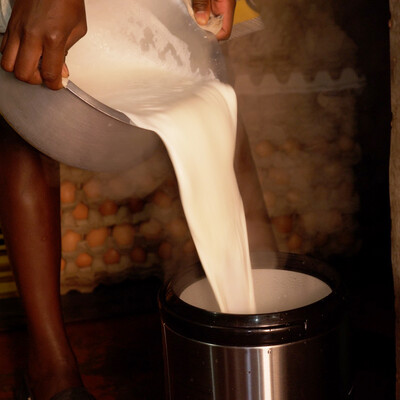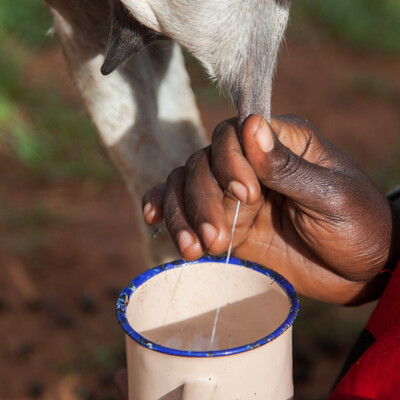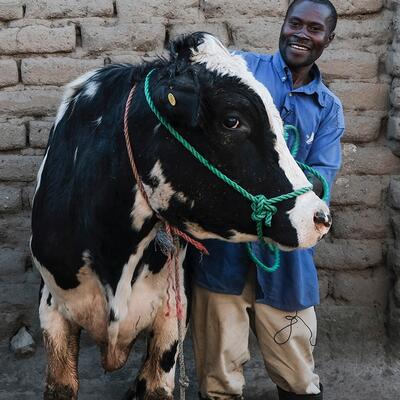
Tracking the progress of producer organizations: EADD implements the ‘stage gate assessment tool’
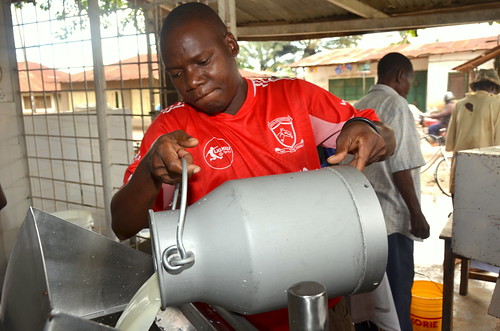
The East Africa Development program (EADD) has been in operation since 2008 during which it has supported the development and strengthening of producer organizations where dairy farmers can sell their milk, buy the required inputs and services as well as access training on dairy husbandry and business practices operation. Early this year, the program launched its second phase (2014-2018) which saw it expand its operations into Tanzania in addition to Kenya and Uganda (see previous blog posts on this here and here). Sustainability of the projects and interventions under the program has been of fundamental importance, with the goals of program’s second phase focusing on among others, increasing the performance and sustainability of hubs in each of the program countries.
The International Livestock Research Institute (ILRI) which is one of the partners in the Heifer International-led program, is working with TechnoServe to develop a mechanism to measure the producer organizations’ (PO) progress towards sustainability. During the first phase of the program, a regional working group comprising of experts from the partners including Heifer International, ILRI, the World Agroforestry Centre (ICRAF)and ABS was formed. This working group developed indicators to show progress in production performance, while TechnoServe led the development of business performance indicators:
From these indicators the ‘stage gate assessment tool’ comprising of the two separate components was developed. Since 2012, ILRI has participated in training the program’s staff in each of the program’s country sites on how to carry out assessments using the tool, as well as data management. The objective of the trainings is to facilitate producer organizations to undertake self assessment that reviews the progress and gaps to achieving farmer and hub sustainability. It also guides EADD’s partnership with other producer organizations by informing on progress, priorities for support and exit. The recent training was carried out on 28-30 April 2014, during which the Dairy Farmers Business Association (DFBA) staff in Eldoret, Kenya were trained on the stage gate activity.
The tool which can be tailored to fit different situations, has been used to inform the annual operating plans as well as resource allocation for the different projects in the program.
Through the stage gate the program was able to ascertain that seventeen out of the eighty seven sites in phase one had attained sustainability, and were therefore ‘graduated’ says Emmanuel Kinuthia, a research technician in the program
The stage gate assessment tool is the first of its kind in the dairy industry which can be used to demonstrate the sustainability of interventions in dairy development for increased productivity. In its future plans, ILRI is working with TechnoServe to synchronize the two components (business and production) into one, to produce a single tool which can be implemented in a single evaluation step.









